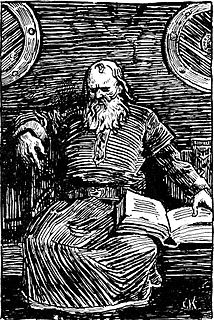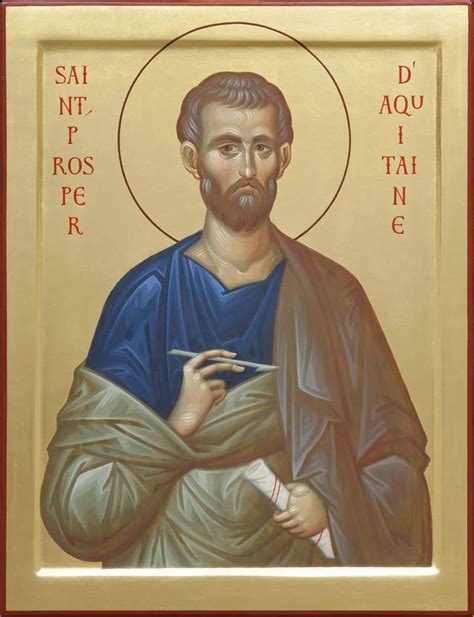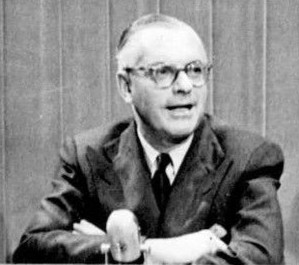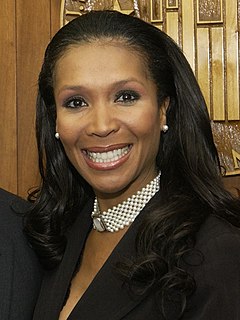A Quote by Charlotte Saunders Cushman
Goethe said there would be little left of him if he were to discard what he owed to others.
Related Quotes
Some people reckoned up all King Harald's (King of Norway) great achievements, and said that nothing would be too difficult for him. But there were others who said that England would be very hard to conquer. It was very populous and the warriors who were known as the king's Housecarls were so valiant, that any one of them was worth two of the best in King Harald's army
All of the Ten Commandments that are good were old; all that were new art foolish. If Jehovah had been civilized he would have left out the commandment about keeping the Sabbath, and in its place would have said: "Thou shalt not enslave thy fellow-men." He would have omitted the one about swearing, and said: "The man shall have but one wife, and the woman but one husband." He would have left out the one about graven images, and in its stead would have said: "Thou shalt not wage wars of extermination, and thou shalt not unsheathe the sword except in self-defence.
And just as there are no crimes so detestable that they can prevent the gift of grace, so too there can be no works so eminent that they are owed in condign [deserved] judgment that which is given freely. Would it not be a debasement of redemption in Christ’s blood, and would not God’s mercy be made secondary to human works, if justification, which is through grace, were owed in view of preceding merits, so that it were not the gift of a Donor, but the wages of a laborer?
A zealous disciple expressed a desire to teach others the Truth and asked the Master what he thought about this. The Master said, "Wait." Each year the disciple would return with the same request and each time the Master would give him the same reply: "Wait." One day he said to the Master, "When will I be ready to teach?" Said the Master, "When your excessive eagerness to teach has left you.
If a man were poor or hungry, [some] would say, let us pray for him. I would suggest a little different regimen for a person in this condition: rather take him a bag of flour and a little beef or pork, and a little sugar and butter. A few such comforts will do him more good than your prayers. And I would be ashamed to ask the Lord to do something that I would not do myself. Then go to work and help the poor yourselves first, and do all you can for them, and then call upon God to do the balance.
Jesus said several times, “Come, follow me.” His was a program of “do what I do,” rather than “do what I say.” His innate brilliance would have permitted him to put on a dazzling display, but that would have left his followers far behind. He walked and worked with those he was to serve. His was not a long-distance leadership. He was not afraid of close friendships; he was not afraid that proximity to him would disappoint his followers. The leaven of true leadership cannot lift others unless we are with and serve those to be led.
I asked him if it were a mirage, and he said yes. I said it was a dream, and he agreed, But said it was the desert's dream not his. And he told me that in a year or so, when he had aged enough for any man, then he would walk into the wind, until he saw the tents. This time, he said, he would go on with them.
It's often said that the Democrats fight 'for the little guy.' That's true: liberals fight to make sure the little guy stays little! Think about it. What if all the little guys were to prosper and become big guys? Then what? Who would liberals pretend to fight for? If the bamboozlers fight for anything, it's to ensure that the little guy stays angry at those nasty conservatives who are holding him down.
Goethe died in 1832. As you know, Goethe was very active in science. In fact, he did some very good scientific work in plant morphology and mineralogy. But he was quite bitter at the way in which many scientists refused to grant him a hearing because he was a poet and therefore, they felt, he couldn't be serious.






























